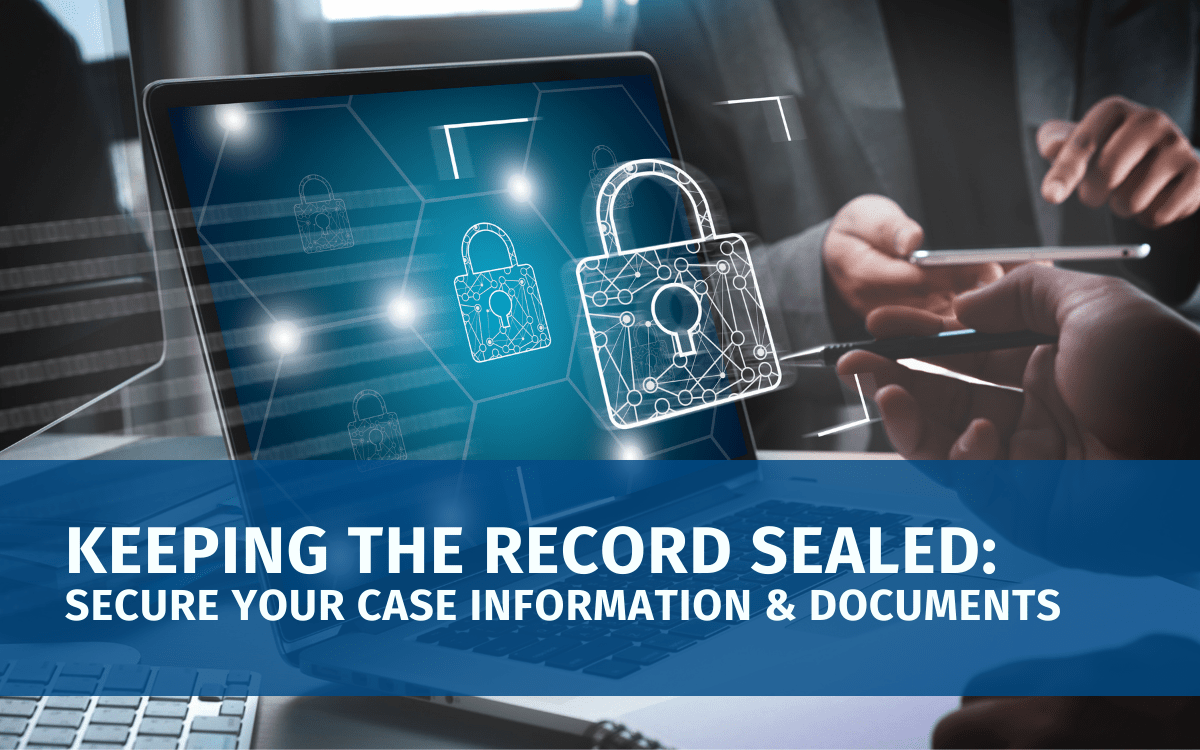The Evolution of Stenography
The word “stenography” comes from the Greek words “steno,” meaning “narrow,” and “graphie,” meaning “writing,” and refers to abbreviated versions of writing the spoken word. Stenography dates back to the Parthenon and the mid-4th Century BC, and has been in use worldwide for hundreds of years. In 1877, Miles Bartholemew invented the first machine for writing shorthand, and in 1879 patented it. Between 1877 and the early 1970s, court reporters were required to either transcribe their stenographic writing from the paper tape they’d created on their shorthand machines or dictate it for typists.
The court reporting profession was transformed in the 1970s when the first computer-aided transcription system was invented, enabling reporters to stenographically record the written word simultaneously to a paper platen and a magnetic tape, which was then “read” by a mini-computer, which then translated the reporter’s machine shorthand into English. This process alleviated the need for the reporter to type or dictate his or her notes and greatly streamlined the transcription process.
In the 1980s, the court reporting profession underwent yet another transformation, as computerized court stenography became the technology used to provide closed captions for television broadcasts, thus propelling court reporters into an entirely new field.
In 1992, realtime captioning became a readily available tool for the deaf and hard-of-hearing community, as the first easily transported court reporting machine and computer were developed to provide Computer-Aided Realtime Translation, or CART, now referred to as Communication Access Realtime Translation. This mobile setup enabled court reporters to provide realtime translation of the spoken word in most all venues, including the courtroom, deposition suites, classrooms, seminars, workshops, sports stadiums, and conventions.
Today’s realtime court reporter is one who is expertly trained in “writing” an accurate and complete verbatim translation of the spoken word within any setting.
Read More From Planet Depos

Depositions in the United Kingdom Post-Covid
The United Kingdom is open and depositions are scheduling. Get all the details to schedule in-person and remote depositions in the U.K.
Read Now View Full Post
International Travel Alert! In-Person Depositions Can Resume in Korea
Korea has made it possible for U.S. attorneys to take in-person depositions again. Here is what you need to know to travel to Korea.
Read Now View Full Post
Tips to Help You Handle Workplace Stress
Workplace stress is part of the legal world. Here are some tips to help you manage stress and maintain your health!
Read Now View Full Post
Keeping the Record Sealed: Secure your Case Information and Documents
Court reporting agencies should keep your confidential information sealed. Here are key measures they take to do that.
Read Now View Full PostSchedule a Proceeding Today!
Your remote mediation should be simple, and with Planet Depos yours will be. Schedule today and we’ll get you set up with a Zoom room, a PD Technician, and everything you need to get started.
Schedule now